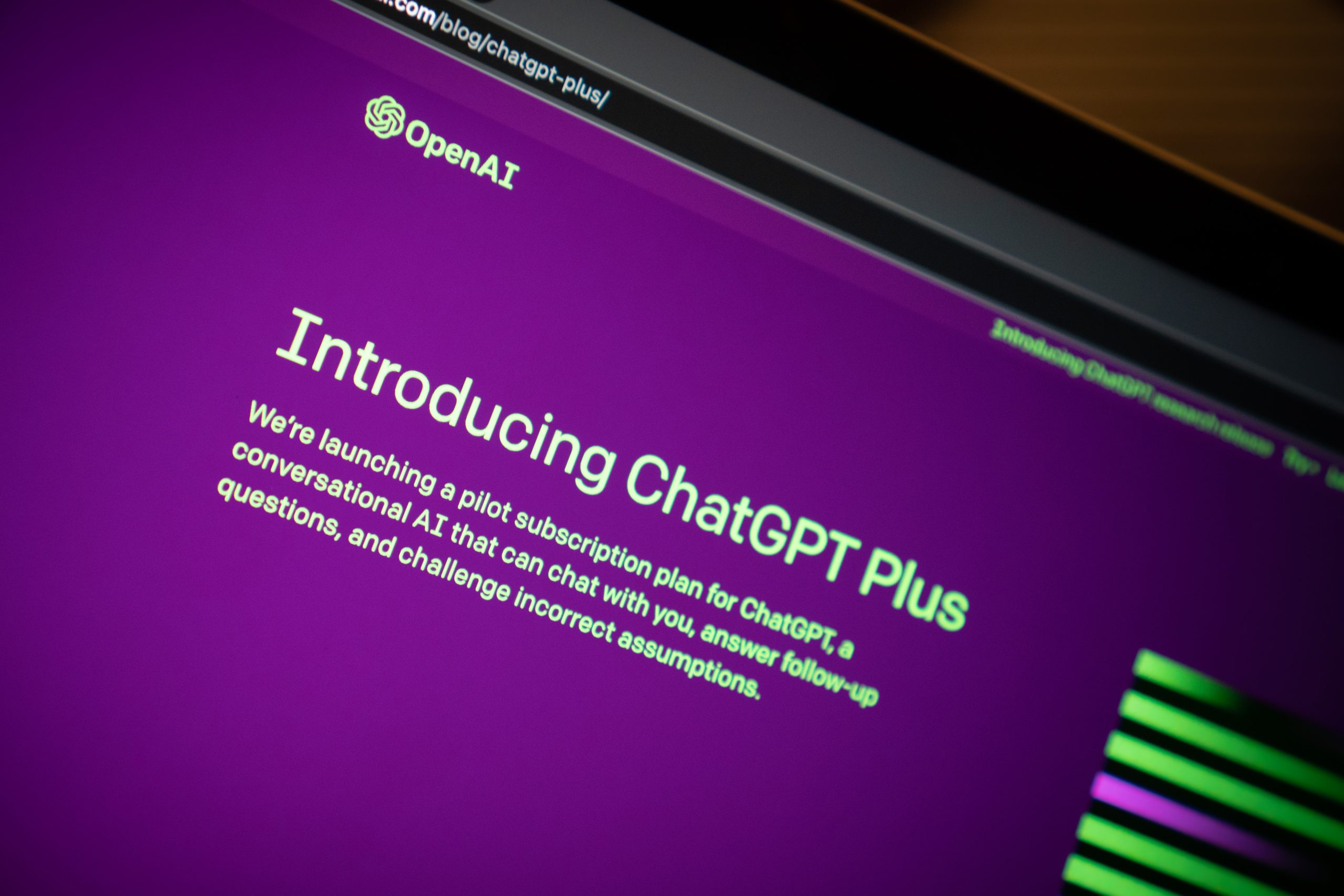This text follows the log History of artificial intelligence Posted on June 18th, in which we brought you a summary of the history of artificial intelligence. We are now immersed in a revolution: the generative AI revolution. This technology, which can be compared to a “word calculator”, will change the way we learn and work, just as the calculator and the Internet have.
We’ve all heard about ChatGPT, the most popular AI generator by far. But what exactly is it? GPT, for Generative transformers are pre-trained (Pre-trained Generative Transformers), is a conversational bot presented in the form of a virtual box. It answers our questions in text, using an automatic regression-based text generation approach. Based on the previous context, the model predicts the next word to generate a complete answer.
ChatGPT-3 is trained on 570 GB of data and works with 175 billion parameters. The latest version, GPT-4, which is only available by paid subscription at the moment, will have access to more than a trillion parameters.
The number of parameters reflects the ability of the language model to recognize complex groups. In other words, ChatGPT has all the knowledge available to humans that is publicly available on the Internet.
Within a few hours of using ChatGPT, we understand how “revolutionary” this tool is. He can sum up in 500 words the history of Quebec, Burkina Faso, or any part of the world in a few seconds. It can translate and correct your texts, create wonderful stories to read to your children, write responses to your emails, program codes, and much more.
This tool will change our lives, just as the calculator and the Internet did. Its potential is huge. For example, a dyslexic friend witnessed saving several hours of work per day because he uses ChatGPT to write his email responses. He could now reply quickly, in impeccable French. The employer did not hesitate to pay the monthly subscription of $20.
However, generative AI systems are not flawless or infallible. They also present risks that must be resolved. Unlike search engines like Google and Bing, these tools generally don’t cite their sources, which makes it difficult to verify information.
Responses are not always reliable, as ChatGPT and other bots are trained on public data that often contains irrelevant or incomplete information. Furthermore, the responses may perpetuate existing biases in society. Data privacy is also a concern, as OpenAI, the owner of ChatGPT, reserves the right to use data provided by users for various purposes, without providing specific details of its use. The copyright issue is also not resolved. So there is still a lot of work on the table for lawmakers.
While waiting for further regulation of the use and development of artificial intelligence, I recommend that you do not share personal or confidential information with an artificial intelligence creator, and do not blindly trust these tools. It is important to be able to verify the answers given.
In closing, I wish you good conversations with generative AI that will soon be smarter than humans!

“Hardcore beer fanatic. Falls down a lot. Professional coffee fan. Music ninja.”






More Stories
SALES / PHOTO SALES – Nikon D850 “5 Star” Bare Body Photo Body at €2,539.00
Discovering a new turning point under the Antarctic ice sheet! What are the consequences?
Record number for an insect!